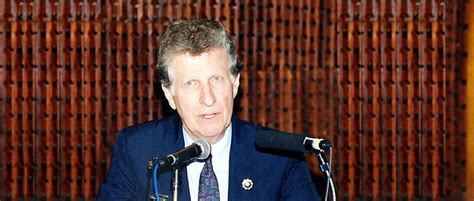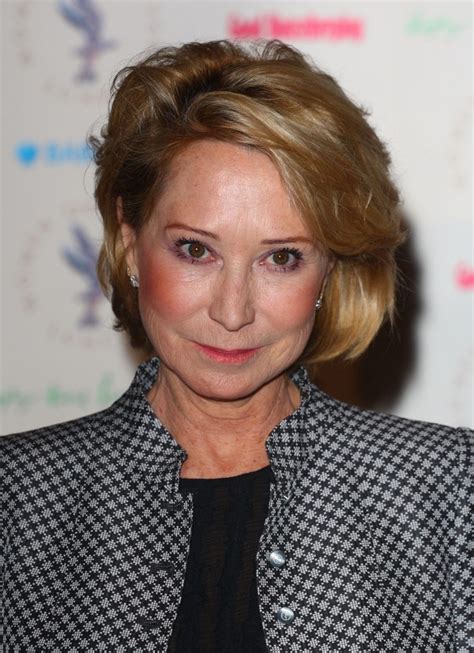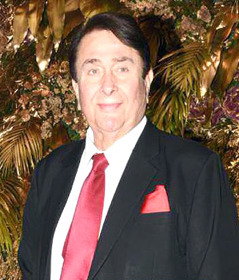A Quote by Margaret MacMillan
I first read the 'Raj Quartet' in the early 1970s, when Paul Scott's decision to set his novels in the dying days of the British Raj in India seemed an eccentric choice, almost as though he did not want readers. The British were tired of their imperial past.
Related Quotes
My main aim in 'Gandhi' was to project him as the vanguard of non-violence. Nowhere in the world has a movement of non-cooperation sans violence received so much support from masses as Gandhi's movement in India did. He was, to a great extent, responsible for freeing his nation from the British Raj.
Almost the first thing Obama did in the White House was to return the bust of Winston Churchill to the British embassy. That suggests a major re-ordering of things. It'll be fascinating to see what happens from now on. It was a genuine break with the recent past - perhaps to re-connect with the past past.







































